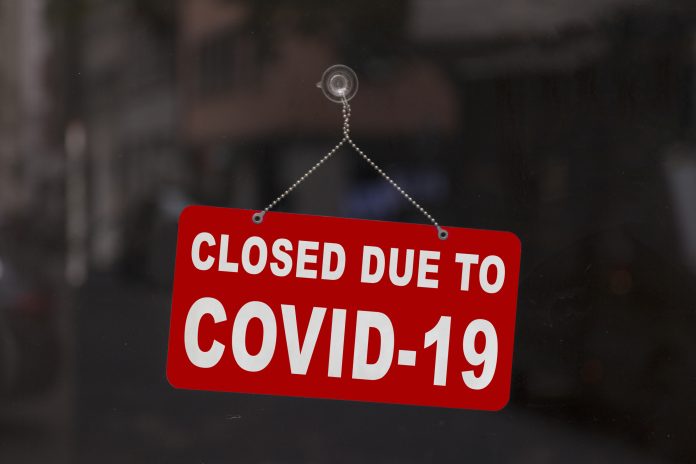Edward Wade, Content Author and Technical SEO at Wilson Field, explores how the coronavirus pandemic has changed the insolvency landscape of the retail and hospitality sector
The retail and hospitality sectors have been facing difficulties for some years. Online shopping, takeaways, AirBNBs, private retailers have all made the marketplace incredibly competitive and dense. The warning signs were coming well before the pandemic.
Despite not seeing a significant upturn in insolvency cases in 2020 and a recession-plagued year, insolvency firm Wilson Field are expecting to see the full impact of the virus in 2021.
Although the COVID-19 virus has had an enormous impact on the sector as a whole, it’s a sign of the times that huge retailers such as Arcadia and Debenhams were forced to close several stores and enter into administration.
Moving online is no longer good enough for businesses
As the virus continues to impact how we shop, it has grown increasingly difficult for brick-and-mortar shops to get prepared. With the tiered systems coming into place, consumers only have a limited level of accessibility and with the rules often changing every three weeks, it means that stores don’t always know when they can open and at what capacity. Should they invest in stock? Bring staff off the furlough scheme and how much of their shop can they open?
With the virus continuing to make its way up and down the country with varying levels of infection, it means the Government can’t push the economy further. Initiatives such as ‘eat out to help out’ we’re effective during the summer months, but in the winter as infection levels continue to rise, it means there’s very little they can do to encourage consumer spending.
Retailers were facing these problems long before the pandemic though as huge amounts of customers moved to online shopping. Creating innovative ideas from high street retailers to entice customers has become harder and harder, simply ‘moving online’ is no longer enough.
The latest Q4 statistics show the problems the sector is facing
Statistics from Q4 paint a bleak picture and the lasting impact the virus continues to have on the economy. The Christmas period is traditionally one of the busiest periods of the year for retailers and those in tourism, hospitality and travel.
This year there are an estimated 40,000 retailers who are struggling, which includes both online and brick and mortar stores. That’s an increase of 24% from last years 2019 Q4 statistics. It’s also a rise of 11% on the Q3 figures in 2020.
Hotels and accommodation have also been hit hard with around 7,500 businesses now in financial distress which is 34% up from last years figures. Bars and restaurants are likewise feeling the bite and despite government initiatives or changes to their business models, there are almost 21,000 now in trouble, which is a rise in 18% since 2019.
What can businesses do to get by?
Many thousands of companies across the country have taken out ‘Bounce Back Loans’ which are backed 100% by the government. These were introduced to help businesses survive the worst of the pandemic, but are now looking like they will be involved in almost every insolvency case moving forward for the foreseeable future.
One reason why there have been fewer insolvency cases as anticipated is down to the suspension of winding-up-petitions. The Government decided to suspend the issuing of WUP’s as a move to ease creditor pressure, it remains to be seen if this will be extended further. It is, expected, however, that the backlog of petitions will eventually come through and some companies could be forced into liquidation.
What could 2021 hold?
Despite the negative outlook, 2020 did not see a huge rise in insolvency cases as many predicted. The continued Government support has been a huge help to businesses across all sectors, providing a lifeline to many as a solution to the pandemic continues to be found.
2021 could be a different story though, although the survival rate for businesses has been impressive considering the circumstances unless the vaccine comes through quickly and is distributed efficiently, if the Q4 statistics are anything to go by, those who are clinging on could be faced with further turmoil, which is where we may see a rise in insolvency cases.











